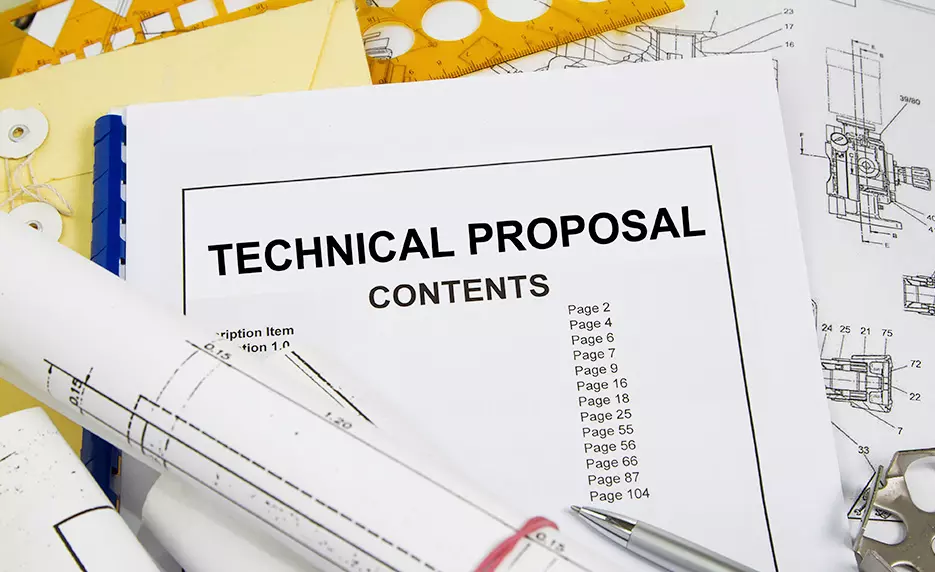Overview
Hours: 125 | Duration: 6 months
Effective communication is essential in today’s business world. Technical writers are professional communicators whose role varies across industries and contexts. They may create manuals and instruction documents, write grant proposals for nonprofit organizations, manage social media accounts, or create compliance documents for pharmaceutical companies. They may work in industries as different as aeronautical engineering and healthcare or be self-employed. With skills and experience, technical writers can find rewarding and engaging work in many different fields.
In the course, you will explore the framework in which technical writing exists, the conventions it follows, and the essential elements all technical writing must have. The course also includes a lesson on preparing for the (CPTC) Certified Professional Technical Communicator exam offered by the Society for Technical Communication (STC).

